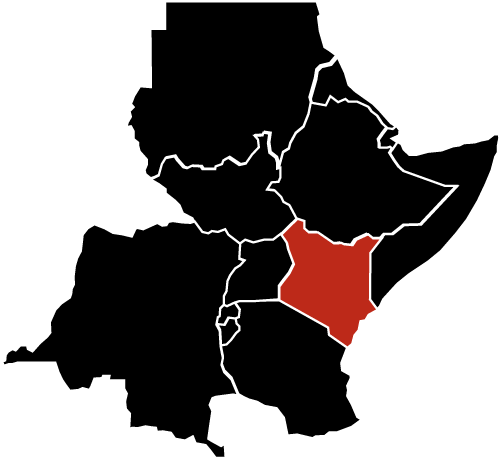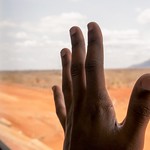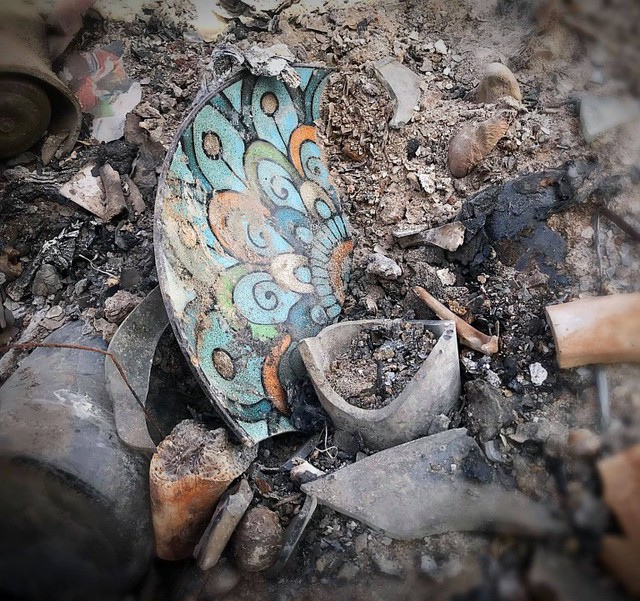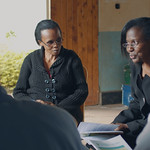Kenya

As we passionately pursue our divine calling, we see…
through our ministries:
- mature disciples making disciples of Jesus Christ among least-reached communities.
- Christian leaders influencing Kenya with integrity and biblical truth.
- missional churches partnering with us to proclaim Christ and express his love and compassion.
- Kenyan missionaries engaging in cross-cultural ministry locally and globally.
within SIM Kenya:
- flourishing, prayerful missionaries practicing disciplemaking and accountability.
- multi-ethnic, multi-skilled teams serving in unity.
- flexible, effective structures empowering missionaries for ministry.

Kenya
As we passionately pursue our divine calling, we see…
through our ministries:
- mature disciples making disciples of Jesus Christ among least-reached communities.
- Christian leaders influencing Kenya with integrity and biblical truth.
- missional churches partnering with us to proclaim Christ and express his love and compassion.
- Kenyan missionaries engaging in cross-cultural ministry locally and globally.
within SIM Kenya:
- flourishing, prayerful missionaries practicing disciplemaking and accountability.
- multi-ethnic, multi-skilled teams serving in unity.
- flexible, effective structures empowering missionaries for ministry.
Come and Serve

Youth Workers Toolkit
SIM Kenya is preparing a training book set to equip youth leaders across East Africa to reach young people more effectively.
Communities where Christ is least known
Gujarati
The Gujarati people number nearly 200,000, and primarily live in Nairobi, as well as along the coast. Originally from the western state of Gujarat in India, they are stereotypically considered good at business. In Kenya, roughly half of Gujaratis are Hindu, 13 per cent are Muslim and one-third belong to other small Indian-based religions. While only 0.1 per cent of this community call themselves Christians, an even smaller (0.02 per cent) are evangelicals. The Gujaratis’ close-knit family structure make it difficult for members to accept new ideas from those outside their community.
East Pokot
Just under 800,000 Pokot live in Kenya. They are seminomadic and semi-pastoralists who herd cattle and sheep, and they live off the products of their stock. Wealth is measured by the number of cattle one possesses. They worship the god Tororot and other deities and communicate with these deities through prayers and sacrifices. The Pokot greatly fear death, as they do not believe in an afterlife. Many of their religious rituals involve warding off illnesses or affecting cures.
Some Pokot, especially West Pokot, have become Christians, but the East Pokot communities living in Baringo County are still not reached by the gospel. This is due to many barriers, such as a lack of roads, poor transportation and the harsh climate. The majority of East Pokot have not had formal education and do not speak or read Kiswahili, the national language of Kenya. Most are unable to read or write the Pokot language. Even though the Bible is translated into Pokot, it is currently inaccessible to the East Pokot.
Prayers
Pray for more workers to minister among communities where Jesus is least known, especially in the difficult areas of Kenya.
Pray for more workers to minister among communities where Jesus is least known, especially in the difficult areas of Kenya.
Pray for more opportunities to partner with churches in Kenya to make disciples in least-reached communities (some groups are very resistant to the gospel).
Pray for more opportunities to partner with churches in Kenya to make disciples in least-reached communities (some groups are very resistant to the gospel).
Pray for business workers to reach out to Hindus in urban places.
Pray for business workers to reach out to Hindus in urban places.
Pray for Kenyan churches to be mobilised and empowered to reach communities for Christ, both in Kenya and internationally.
Pray for Kenyan churches to be mobilised and empowered to reach communities for Christ, both in Kenya and internationally.









